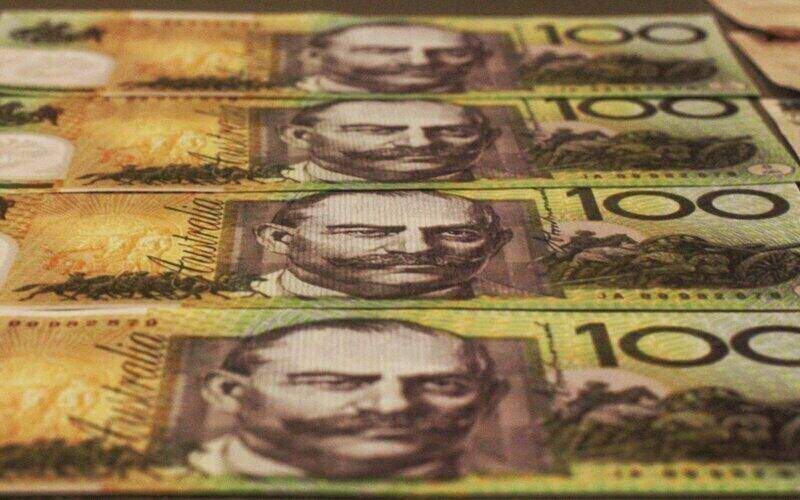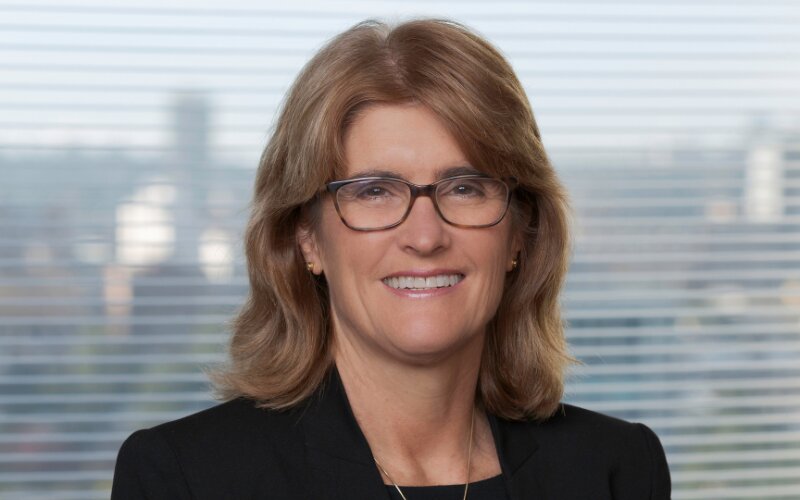The decision likely didn’t come as a surprise to eagle-eyed Research Bank of Australia (RBA) watchers after inflation took a downwards turn in the December quarter.
It's good news for mortgage holders, with economists at all four of the nation’s biggest banks tipping the cash rate – a major influence on interest rates – has peaked.
Though, borrowers will likely remain on the edge of their seats as the RBA board retains its hawkish tone.
“While there are encouraging signs, the economic outlook is uncertain and the board remains highly attentive to inflation risks," the board said on announcing today's decision.
"Returning inflation to target within a reasonable timeframe remains the board’s highest priority.
"The path of interest rates that will best ensure that inflation returns to target in a reasonable timeframe will depend upon the data and the evolving assessment of risks, and a further increase in interest rates cannot be ruled out."
In the meantime, consumers can rest easy knowing growth in prices appears to be slowing.
“Headline inflation came in at 0.6% over the December quarter, the lowest growth in consumer prices since March 2021 and below the RBA’s forecasts,” PropTrack economist Anne Flaherty said.
“This continues the trend of declining annual growth in consumer prices and increases the probability that interest rates have hit their peak in the current cycle.”
The latest quarterly consumer price index, which measures the changing price of a set basket of goods, found prices rose 4.1% over the year to the three months ending December.
The RBA aims to keep annual inflation in the range of 2% to 3%.
Inflation typically runs counter to unemployment – when one falls, the other can be expected to rise.
The unemployment rate remained flat in December, at 3.9% on a seasonally adjusted basis.
The RBA in its November Statement on Monetary Policy (SOMP) forecasted inflation to drop to 3.5% by the end of this year in November, while it tipped the quarterly unemployment rate to rise to 4.2%.
|
Dec ‘23 |
Jun ‘24 |
Dec ‘24 |
Jun ‘25 |
Dec ‘25 |
Jun '26 |
|
|
RBA forecast: Unemployment (quarterly) |
3.8% |
4.2% |
4.3% |
4.4% |
4.4% |
4.4% |
|
RBA prediction: CPI |
4.1% |
3.3% |
3.2% |
3.1% |
2.8% |
2.6% |
The central bank pushed out its forecasted return to its inflation target to late 2025 last year, much to its apparent discomfort.
There was a risk at one stage it wouldn't reach the mid-point of the 2-3% inflation target until 2026.
Though, the recent data flow has likely encouraged experts housed within.
RBA Governor Michele Bullock will front the cameras after the RBA board’s decision was announced as part of the central bank's rejigged approach to monetary policy announcements.
The new post-board meeting press conference was instated following last year’s review into the central bank.
The review also resulted in the length of the RBA board’s meetings being extended from one day to two, and the frequency of them reduced from monthly (with the exclusion of January) to eight times a year, meaning the next cash rate decision won’t come until mid-March.
Will the next RBA cash rate move be a cut?
No doubt economists and punters alike are wishing they had a crystal ball to see whether the RBA board’s next move will be a hike or a cut.
The majority of experts appear to believe the cash rate has now peaked, with cuts to follow shortly.
NAB chief economist Alan Oster predicts the first cut could come in November with more gradually following.
Until recently, the bank expected one more hike from the RBA, which could have brought the cash rate to 4.6%.
“The case to raise the rate from here is steadily losing traction," Westpac chief economist and former RBA staffer Luci Ellis said earlier this week, also predicting the board wouldn't go so far as to rule out more hikes yet.
Many borrowers, particularly those snowed in by mortgage repayments, likely want to see a cash rate cut sooner rather than later.
However, the Finance Brokers Association of Australia (FBAA) warns cutting too soon could cause more long-term pain.
“We all want to see rates come down and mortgage holders desperately need it, but the last thing we want is for the RBA to act too soon and then have to readjust and increase them again,” FBAA managing director Peter White AM said.
“Consumers need stability at this time, not volatility.”
Greater stability could also bolster the housing market, Ms Flaherty noted.
“Greater confidence around where interest rates are sitting should support further recovery in buyer and seller confidence,” she said.
Many home loan lenders have lowered their advertised mortgage interest rates in recent weeks, seemingly in anticipation that the cash rate could soon start dropping.
Macquarie is among those slashing both variable and fixed rates on its home loan products in recent times.
Term deposit enthusiasts, meanwhile, mightn't welcome a reprieve from high interest rates.
Those offered on deposit products appear to have been trending in a downwards trajectory so far this year.
Image courtesy of the Reserve Bank of Australia



 Harry O'Sullivan
Harry O'Sullivan
 Harrison Astbury
Harrison Astbury

 Brooke Cooper
Brooke Cooper
 Hanan Dervisevic
Hanan Dervisevic

